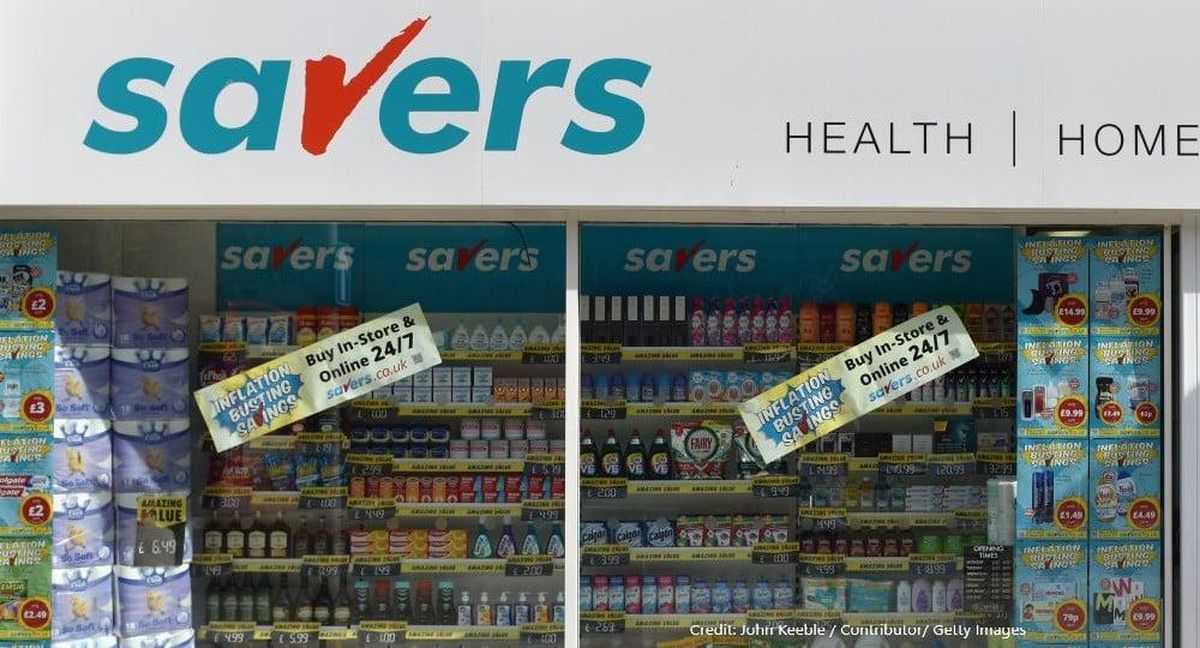


A new independent review has been launched to support small and medium-sized enterprises (SMEs) in the UK, aimed at helping them embrace sustainability practices and tapping directly into the economic potential tied to these initiatives. Launched by the UK government, the review titled the “Willow Review” focuses on the financial benefits of sustainability for the nation’s small businesses, addressing current barriers and uncertainties faced by many entrepreneurs.
The campaign group Small Business Britain is spearheading this initiative, with key figures like small business minister Gareth Thomas and Barclays’ head of sustainable finance Nick Stace serving as co-chairs. The objective is clear: to identify and highlight potential financial gains for SMEs who implement greener practices. According to Thomas, small businesses represent 99% of all UK businesses, significantly contributing to the economy.
Despite their economic impact, the uptake of sustainability practices among the UK’s 5.5 million small businesses has been surprisingly limited. Many companies are hesitant to adopt these practices, fueled by concerns over high costs and uncertainty surrounding financial benefits. Reports from the British Business Bank indicate these businesses account for approximately 50% of all business-driven emissions. Surprisingly, only about 24% of small businesses recognize the financial advantages sustainability can bring, as highlighted by a recent survey from Small Business Britain and BT.
Small Business Britain is hopeful the Willow Review will encourage firms to shift their perspectives on sustainability from purely environmental benefits to showing how these practices can fuel profitability and long-term growth. This revised mindset is expected to motivate more SMEs to rethink their strategies, relying less on guesswork and more on tangible evidence of sustainability’s economic upside.
During the launch of the review, Gareth Thomas emphasized the importance of bridging the gap of uncertainty surrounding sustainability practices. “The Willow Review aims to bridge the gap. I’m delighted to support this review, which will prove sustainability isn’t just good for the planet—it’s great for business too,” he stated.
Michelle Ovens, founder of Small Business Britain, echoed his sentiment, noting, “Small businesses stand to benefit hugely from sustainability, as well as having the potential to make a hugely positive impact on the UK’s emissions. But… few recognize the financial opportunity.” Her insights reflect not only the challenges but also the potential rewards for SMEs willing to embrace change.
The work undertaken through the Willow Review will include extensive research and evidence-gathering exercises focused on the financial impacts of sustainable practices. Surveys and focus groups involving small businesses will help paint a clearer picture of the financial case for sustainability.
The final report is expected to be published by May 2025, summarizing actionable recommendations for both government and industry on supporting small businesses on their sustainability journeys. Industry and government leaders backing the review include representatives from Barclays, the British Chambers of Commerce, the Federation of Small Businesses, and Glasgow University, all contributing their expertise to shape the outcome.
The initiative reflects broader trends and shifts toward sustainable business practices globally. Many countries and organizations are reevaluated their operations to prioritize sustainability, recognizing not just the ethical imperative but the concrete financial advantages of such changes. The Willow Review could serve as a blueprint for other regions seeking to encourage sustainable practices within their own business communities.
The rise of consumer awareness and demand for sustainable practices is driving changes across sectors. Increasingly, consumers prefer to support businesses with clear commitments to environmental responsibility, compelling companies to rethink their operations to meet these expectations. This trend becomes particularly pressing for small businesses, often facing stark competition from larger corporations with established sustainability initiatives.
Hearteningly, some small businesses have begun to lead the way, demonstrating innovative approaches to becoming more sustainable. These pioneers show others what is possible, leveraging sustainability as both a differentiator and value proposition. The feedback gained through the Willow Review could help identify these success stories and create case studies for other companies to emulate.
Finally, the review’s emphasis on collaboration among businesses, government, and financial institutions signals a shift toward more systemic support structures, aiming to empower small businesses to thrive sustainably. The outcome will potentially reshape the narrative around sustainability and small business by offering clarity on both environmental impacts and financial viability.
The business community is urged to pay close attention to the findings of the Willow Review, as its outcomes could influence policies and best practices moving forward. Ensuring the economic viability of sustainability is pivotal, not just for the environment, but for the future of small businesses within the UK economy.
Give Feedback. How was this article?
You can help us improve by leaving feedback specific to
this content.
How would you rate the quality of this article?
Which of the following feelings did this article evoke in
you?
Multiple Selection
How easy was it for you to find the information you were
looking for in this article?
Super Hard😱
😎Super Easy
Artificial intelligence is increasingly used in content
creation. What percentage of this article do you estimate was generated by AI?
How can we improve this article (or our articles in
general)?
Do you have any other suggestions for improving our content
or
website?
Thanks for the feedback
Thank you for supporting us to improve ourselves with your
feedback.